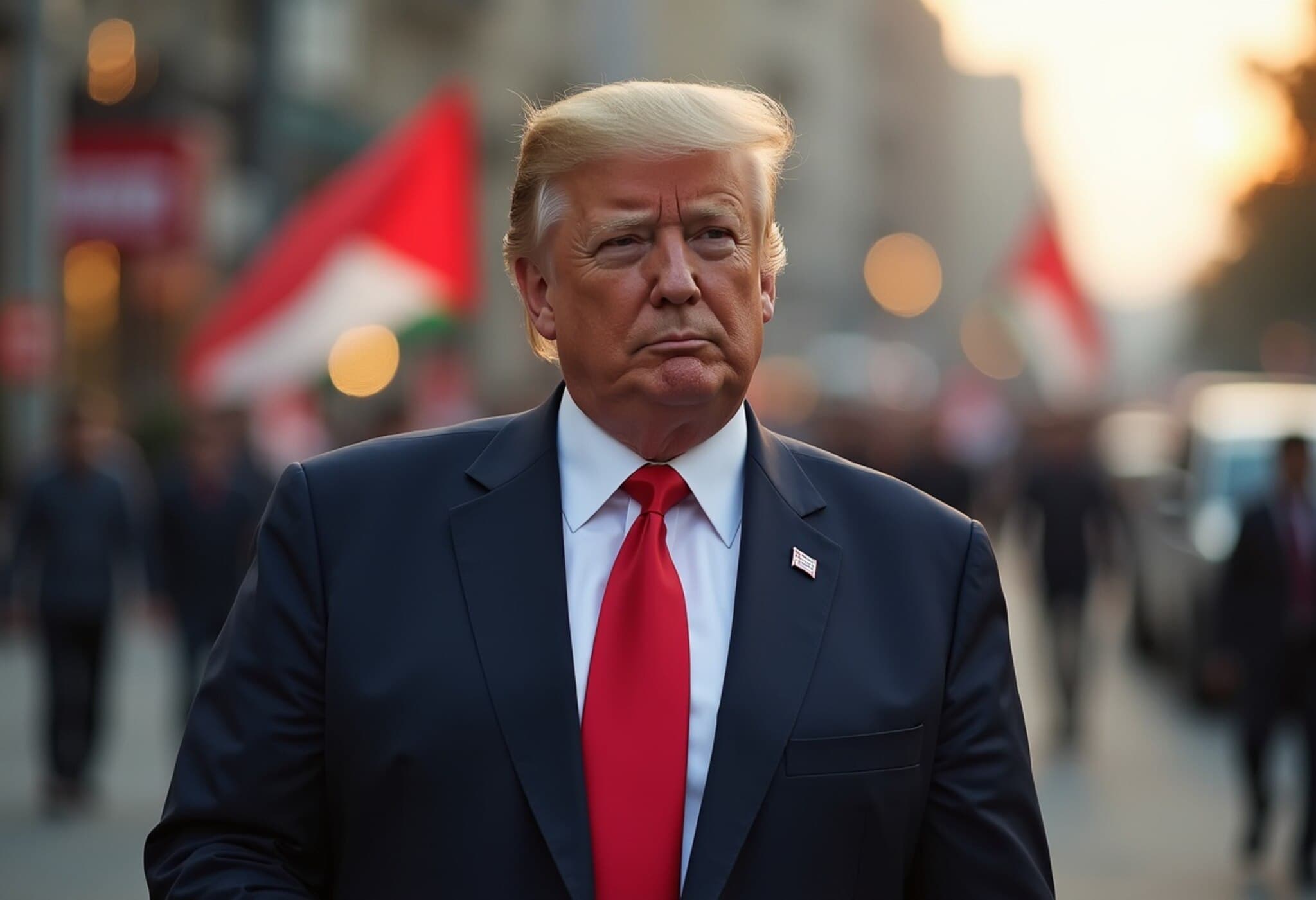Olmert Calls on US to Pressure Netanyahu Amid Gaza Conflict
Ehud Olmert, Israel's former prime minister, has openly criticized current Prime Minister Benjamin Netanyahu for failing to prevent the October 7, 2023, Hamas attacks that ignited intense violence in Gaza. Speaking out in a recent interview, Olmert urged former US President Donald Trump to use America’s influence to halt what he describes as an ongoing, devastating cycle of conflict.
Highlighting the significant sway the US holds over Israeli leadership, Olmert said, "enough is enough," stressing that Trump has the unique potential to make a meaningful difference. "There is nothing that cannot happen with Trump," he added, imploring supporters to encourage such intervention.
The Cost of War: Human Lives and Political Critique
The violent Hamas offensive led to the deaths of 1,219 people, mostly civilians, along with the abduction of 251 hostages. According to military reports, 54 hostages remain captive in Gaza, including 32 confirmed dead. Olmert condemned the escalation of military actions by Netanyahu’s government following the attack, accusing the prime minister of prioritizing personal political interests over national welfare.
Olmert sharply criticized the prolonged Gaza military campaign, stating it causes needless casualties and does little to rescue hostages or weaken Hamas further. He warned that continuing the war under these circumstances amounts to a crime that should be universally condemned.
Proposing a Path Forward: The Two-State Solution
Beyond critique, Olmert is actively collaborating with former Palestinian Foreign Minister Nasser Al-Qidwa to revive peace efforts through a practical two-state solution. Their proposal involves a land swap whereby Israel would retain some West Bank areas with existing Israeli settlements, while Palestinians would gain equivalent territory currently within Israel’s borders, totaling 4.4% land exchange.
Set to be presented at an upcoming Paris conference, this plan aims to pave the way for a secure Israel alongside a sovereign Palestinian state. Al-Qidwa emphasized that the proposal is the only realistic and workable solution currently on the table. However, both leaders acknowledge that achieving progress hinges on ending the current conflict and reforming leadership on both sides, describing existing governments as ineffective or corrupt.
Challenges Ahead: Leadership and Peace Prospects
Olmert and Al-Qidwa agree that substantial change requires new leadership willing to embrace coexistence. The dynamic is complicated by ongoing violence and entrenched political positions, but they remain hopeful that a post-conflict environment could foster fresh approaches to longstanding issues.
As the international community watches closely, these calls for American diplomacy and concrete peace plans underscore the urgent need to break the cycle of violence that has long marred the Israeli-Palestinian relationship.



















